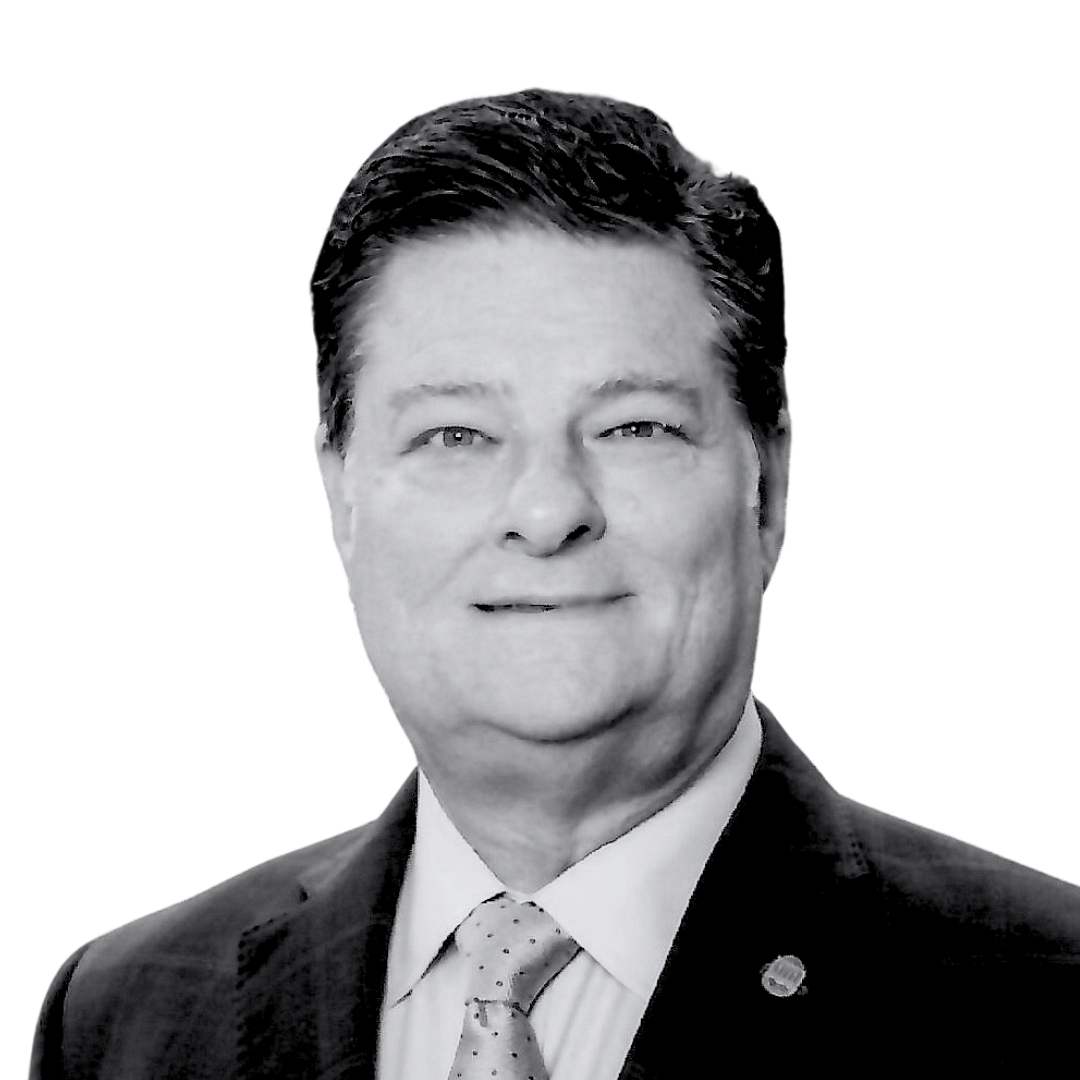A “happy surprise” on Santee Cooper
Multiple purchase proposals both eliminate nuclear debt and cut electricity rates
On Wednesday afternoon, Judah Rose of the energy consulting firm ICF called the result of their Expression of Interest (EOI) process on the potential sale of Santee Cooper “not an expected outcome” and “a big deal.” Governor Henry McMaster called it “a happy surprise.”
What was the big deal-surprise?
It was the fact that in spite of the V.C. Summer catastrophe, multiple lawsuits, bond issues, debt defeasance costs, and a complicated relationship with the electric cooperatives, the State of South Carolina received 7 private industry proposals to fully purchase the government-owned utility Santee Cooper.
Of the seven proposals, every single one would pay off all of Santee Cooper’s debt($7.9-$9.2 billion), pay the state a price consistent with the ICF estimated value of Santee Cooper, and cut average customer rates from 2% to 14% over 20 years from Santee Cooper’s “business as usual” (BAU) rates.
Boom.
Debt? Gone. Rates? Lower. Valuation? Met. Ownership…free enterprise!
Governor Henry McMaster, and Committee Co-Chairs Senator Paul Campbell and Representative Murrell Smith were clearly pleased, with Campbell calling the Expressions of Interest (EOI) a “huge step forward.” According to ICF:
- Even with a tight calendar (30 days), 20 companies representing 17 parties expressed interest.
- 10 parties, “a strong and diverse group,” submitted 15 proposals.
- The bidders were the elite of the utility industry: “Most parties were shown to be technical and financially capable of managing large utility assets and most possess southeastern US power market experience.”
- With all seven, the V.C. Summer debt payoff and accompanying rate reduction would be “permanent, verifiable, and non-reversible.”
How will the bidders do all this? Not every proposal is the same, but they all have this in common: they will run Santee Cooper like a business, not like a state agency. Some proposals call for replacing coal plants with more efficient gas ones, others call for “wheeling in” cheaper power from outside Santee Cooper. Either way, seven solid bidders promise lower rates.
When the Committee turned to the question of whether to take the next step, Governor McMaster got to the bottom line: “It seems to me that the thing you can tell us that is most certain is…if we do nothing rates are not going down…if we do nothing, rates will go up.”
In the end, the overwhelmingly positive Expressions of Interest and the specter that “substantial increase in rates” without action (quoting Rep. Murrell Smith) were enough. The Committee voted to move to the next step, charging ICF with going deeper with their study.
When the future of Santee Cooper first began to be discussed, the President of the Electric Cooperatives of South Carolina, Mike Couick, called for legislators and other public officials to “test the market.” That was wise advice.
With the ICF study, the market has been tested and the result was a “happy surprise.” A less surprising result, but equally happy, is the Santee Cooper Evaluation Committee’s decision to move to the next step. They are to be congratulated.
We think the power of the ICF expert analysis is its reliance on facts, not politics. That is why since the failure of V.C. Summer, Palmetto Promise Institute has called for this kind of independent, expert analysis to equip lawmakers to navigate this very complex process with the best interest of customers and taxpayers in mind.
It is our hope that we will remember Ronald Reagan’s birthday, February 6, as the day that Palmetto eyes were opened to the fact that the force that made American great—free enterprise—can save Santee Cooper by paying off its debt, lowering its rates, and getting government out of the utility business.






